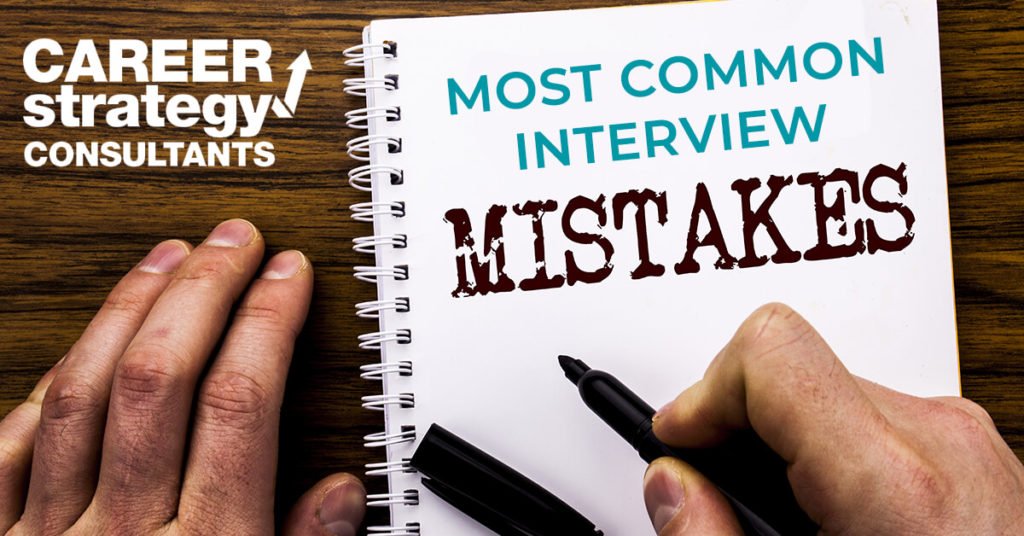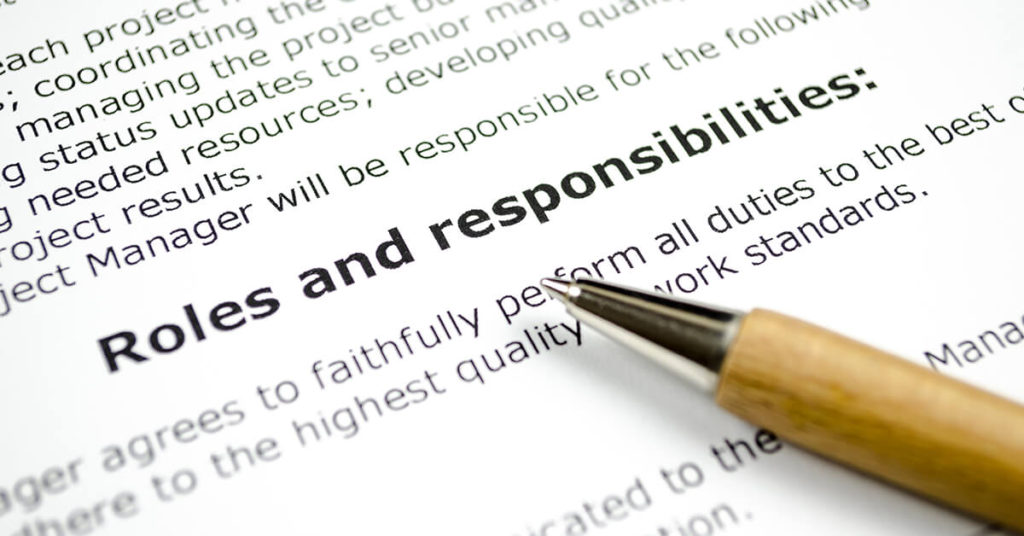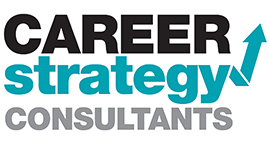Most Common Interview Mistakes


We all make mistakes, it’s just part of life, but an interview is not the place to make mistakes. With so many articles, blogs, and books describing how to interview well in relation to your goals and marketability, we all think we are doing it right when we walk into the room for our first interview. We show up fifteen minutes early, shake hands, and sit down to conduct a “normal” conversation that goes well, that is until we get the dreaded response of “we have decided to go with another candidate.
If you’ve taken a look at the job sites lately, you know that there are more jobs open than applicants. In this economy, employers are getting more and more picky about who they hire. As a result, each employer is trying to find reasons to say “no” to a candidate before they’ve invested more than a phone screen. This means that even if you are an exceptional candidate, you can still lose an interview for one reason or another.
Our latest blog will discuss some of the most common interview mistakes and ways to better prepare yourself in order to avoid them.
1) Arriving late.
You want to have your interviewers remember you for your personality, not for your poor time management skills. Be on time or early to your interview so that you can be relaxed and confident during it. If possible, plan ahead of time with other appointments so that you can leave earlier than necessary in case of traffic or an accident along the way.
2) Showing up for the interview unprepared.
This is one of the most common faux pas that people make, which can be a very costly mistake. Why? Because it shows that he or she did not put any time and effort into research on the company. In fact, it’s usually more important to present yourself as well-prepared for the interview than it is to convey how hard of a worker you are. The first impression you give off during an interview is very important, so show up with a genuine interest in the job and show how you can fit into the company culture.
3) Not making eye contact.
Looking directly into the eyes of your interviewer is a much more effective way to get their attention than staring at the floor or a spot on the wall. It’s not surprising that most candidates that are unable to make eye contact do not get hired, because it shows that they are nervous, self-conscious or unconfident in their answers. So, when you look directly into your interviewer’s eyes, you send them a powerful message of confidence and authority and will appear more personable in such an environment. Just remember not to stare as this will make your interviewer uncomfortable too.

4) Failing to communicate well.
The most obvious way to show off your communication skills is to answer questions by providing a response containing relevant information pertaining to the role. Not only should you be able to explain your idea clearly and concisely, but also present it in such a way that the interviewer would appreciate hearing. When answering questions, avoid using long-winded responses and rambling off on a tangent. Remember, you are interviewing for the job so that you can impress them with your skills and experience. Give it your best effort!
5) Focusing on compensation too much.
You may not be able to control how much you get paid. You may even have gotten a job offer in the past without talking about it. However, you shouldn’t be afraid or hesitant to be transparent when asked during the interview. You should be able to articulate how much you want, like and expect if you are offered the job. If your answers sound too generic or vague, it could mean that you aren’t ready for the position. That’s a problem that an employer may have with you in the future. However, stating your salary requirements right off the bat can be detrimental to your goal of being hired. The interviewee that discusses compensation immediately shows that they are only looking out for themselves and are not genuinely interested in what kind of impact they can make within the organization.
6) Not practicing answers to potential interview questions.
It’s completely normal to be nervous before an interview, but it’s crucial to prepare answers that you are confident in. Therefore, it’s important to take time out before the interview to think about how your responses will be received and what your interviewer might ask you. Many candidates get their answers memorized beforehand or hear a vague answer on how they would answer certain questions before going in for an interview. The problem with memorized answers is that you will be repeating the same thing and it will be difficult for you to appear personable and genuine. However, it can work if your answer has been practiced enough before the interview and the question hasn’t been asked previously. Remember, answering questions without your usual “thinking” process might cause you to say things that don’t make sense or seem awkward.
7) Failing to ask enough questions.
The most common mistake of all is not asking enough questions. Don’t make this mistake as it can convey to the interviewer that you’re not genuinely interested in the job. Your interviewer would like you to show your interest in their organization by asking a few pointed questions about the company and how you feel you would fit into their culture. It’s also important to ask questions that will not only help them understand the job better, but also show your interest in working for such an organization. This will not only show that you have your own opinions but also that you have been actively thinking about the job and the position. It’s crucial not to underestimate the importance of asking questions during an interview because this can also give your interviewer an insight into who you are and what kind of person you really are. Some people are very eager and enthusiastic about getting a new job but they have no idea how long they would actually like to be employed with that company or what their future goals could possibly entail. If this is the case, it is best that you ask the interviewer what it’s like working for the company and how long they have been employed with them. The longer they’ve been there, the more likely it is that you would like them to hire you and see why they are still working there in the first place.

8) Failing to ask for the job.
Many candidates leave without asking for the job, which is a mistake. If you are truly interested in the position, then making a strong case as to why you want it will help your chances of getting hired. It’s best to state straightforwardly what your intentions are and why you feel that you would be an ideal fit for the position. This will show that you’re serious about getting the job and will also make it clear as to whether or not you want it at all. Remember, applicants who are desperate for jobs tend to be more creative than those who aren’t interested in them at all.
9) Not dressing appropriately for the interview.
Dressing for a job interview is important. This is not only to attract the interviewer’s attention, but also to show that you are ready to work hard and make a great impression on your prospective employer. This means wearing clothes that fit your personality and are in line with the company’s style and image. It is within your best interest to avoid loud or flashy colors because it can easily come off as being too eager or a distraction at the time of the interview. You want to be sure that you are dressed appropriately so that you can look professional whilst also showing how interested you are in the position.
10) Falsifying or fabricating previous experience and qualifications.
An obvious red flag would be if an applicant claimed experience which they did not truly possess or qualifications which they had not earned. This is strongly discouraged, especially in this day and age where fake information can be easily discovered and will almost always lead to being ruled out of being considered by the company. You should feel comfortable enough to disclose your skills and previous experience with the interviewer so that they can help you decide whether or not to work for their organization. An employer will never ask you to lie about your skills or previous experience, so there is no reason to lie on your resume.

11) Not being personable and friendly.
You want to make sure that it is clear to your interviewer that you are interested in them and their company. Even if you don’t feel comfortable talking about yourself, it is still important to make small talk during the interview. It can help you make a good impression on the interviewer and you can also practice your skills of communication by showing your inquisitive nature. This shows that you are engaged and interested in what they have to say which is important for showing respect for them as a professional. You never want to come off as being too eager to have your career established, and you also never want to come off as being too nosy or asking unnecessary questions either. It’s best to remain inquisitive and interested about why the company was in need of an employee such as yourself, but you should also avoid disclosing too much information about your personal life that it would be perceived as unprofessional or inappropriate for you to discuss with your interviewer. We also strongly recommend being friendly and respectful to every person you come in contact with at the company, regardless of whether or not they’re involved in the hiring process.
12) Failing to remain professional.
You should always make sure that you are polite and professional whilst you are in a job interview, especially if you’re looking to have your career successfully established in order for it to provide a steady income for you and your family. Infrequently, people either come off as being very rude simply because they are not used to being spoken too during an interview or they try too hard to impress the employer so that they can impress themselves. Yet, it’s best to remain humble and be as much as yourself as possible. Be honest and talk about how you are honestly interested in the job. Do not try to be someone that you’re not, because your employer will likely be able to tell right away.

More Than Just Staffing
For Employers
For Individuals
